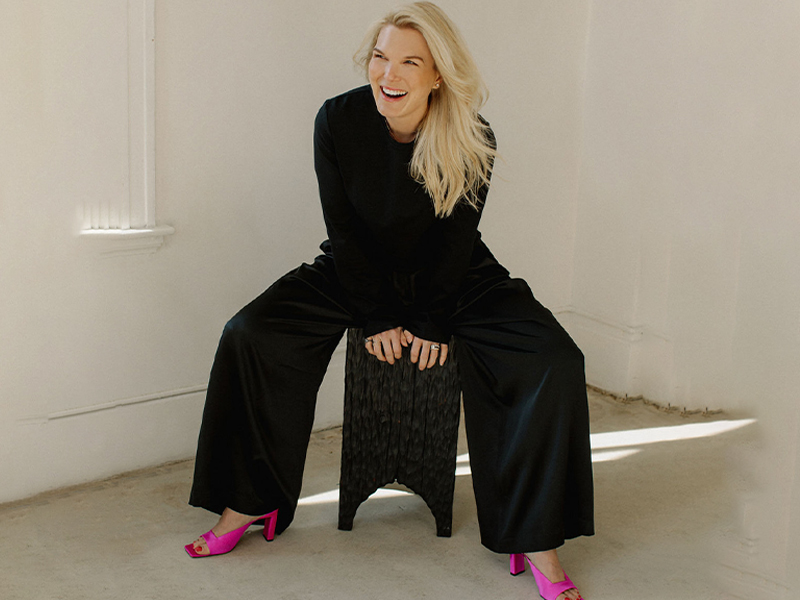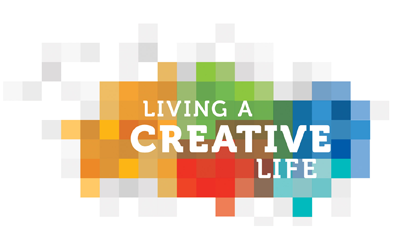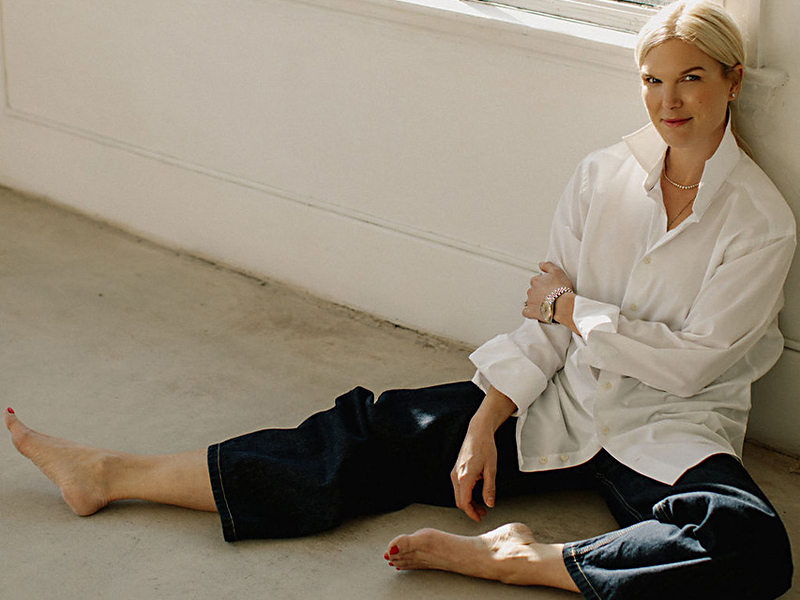Sheenah Rogers-Pfieffer
Creativity can be used to bridge the gap between a great idea and digital innovation
Sheenah Rogers-Pfieffer wants to reinvent online shopping as if small businesses mattered.
The Calgary-based, self-described “serial entrepreneur,” who spent a decade and a half running Anstice Communications, has a new project.
It’s called Ari–more about that name later—and it’s an app that Rogers-Pfieffer developed with the intention of creating a gathering place for shoppers to contrast, compare, dish, and review their purchases.
Rogers-Pfieffer watched as online shopping grew, and listened as a roster of clients muttered about the challenges faced by modest-sized retailers who felt shut out of the new world of online e-commerce, the one featuring influencers who commanded monstrous fees to promote products online.
“I worked as a marketer, and what I was seeing in 13 years (representing various retailers) was the cost to get eyeballs, on Instagram and Facebook and LinkedIn and Snapchat was rising year after year,” Rogers-Pfieffer says.
Not only that: the dirty little secret about influencers is that, at the end of the day, they aren’t very influential.
“The conversion rates are very minimal,” she says.
E-tailing is a little like bricks-and-mortar: dominated by giants, it becomes nearly impossible for small businesses to get a foothold, or even to get noticed.
“For you to be able to compete with everybody in the world for eyeballs, and to pay an influencer, and hope you’re going to get a sale, it’s just a broken model. It doesn’t work.”
Rogers-Pfieffer believes Ari will change that math, in part because she has a different definition of who a true influencer is.
Taking the leap to online only
Some Calgary small business owners say online has been so strong, they’re mulling the once-unthinkable notion that maybe a store with no bricks and no mortar and no neon sign can still be a store in 2022.
And that it may in fact be the key to their future.
In a CTV.ca story in May 2021, Heidi Blanchette, the owner of Liz & Lottie, an East Village gift shop, said she would not renew her lease because online made better business sense.
“We’re making the leap and doing online only,” Blanchette said in an interview with CTV’s Tyson Fedor. “It’s a massive change. With the timing of things, our lease was up for renewal. We had the option to lock in for another five years, or go in a new direction.”
Throw in the shopping habits of Generation Z, which is fundamentally digital and collegial—the true influencers are maybe not the Kendall Jenners of the world, but the girl in your English class who likes the same sneaker brands as you–and Rogers sees an opportunity to create a digital town square for people to talk shop.
“Basically, we are a global, online shopping network,” she says. “And our network is fueled by shoppers’ shared experiences with the products people buy. So our network isn’t product-driven or brand-driven, it’s consumer-driven.
“It’s like a glorified word-of-mouth platform.”

Bridging the gap
Rogers-Pfieffer hopes to bridge the e-gap between businesses and their customers.
“Our early adopters are smaller-to-medium sized businesses,” she said. “They do not have a marketing budget. They just don’t have the budget and so they move on to the world wide web into a space where they hope people can see that so yeah they’re our early adopters, because we bring them into Ari.”
And just as Ari is a creative answer seeking to address a now problem for a community of businesses, Rogers-Pfieffer is reinventing her career in a way that’s creative and audacious.
It’s one thing to announce that you have an app for that, but for most of us, the gap between our skill set and how to turn an idea into an app is a gulf.
Rogers-Pfieffer it turns out was no different.
“I have no experience with the tech sector but to make a long story short, I did a lot of reading and had a friend who’s in the tech sector,” she continues. “I guess it was right before COVID hit and he said, look, I’m right between jobs, and I’m tired of hearing about this idea of yours, so I’m going to come and move into your basement.
“I’m a quick learner,” she says “and was obviously passionate about it, but I surrounded myself with all these great people who brought me along.”
What she discovered along the way is that there are people out there to help bridge the gap between a great idea and a digital innovation, and that maybe living a creative life is partly imagining that someone who knows stuff you don’t will buy into your vision and take a little leap of faith along with you.
“One thing I did learn,” Rogers-Pfieffer says, “ that I wish I’d known earlier is that the tech sector looks so scary because it’s tech. And people think oh, it’s tech, I don’t belong in this space, when actually, you can adapt to it.
“The one thing I linked in to was that I really understood the problem and I was an expert in this and (my challenge was trying to discover) if I can hire any technical person to help me realize it.
“The tech piece is not actually the hard part,” she adds. “It’s the product market part that’s the hard part so I wish I would have known that earlier.”
And what about that name? Where does Ari come from? Is that like the plumbers, who like to name their company something that starts with an ‘A’ so it comes up first in the search results?
“Actually it’s my daughter’s name,” Rogers explains. “It also stands for alternate retail indulgence.”
Ari is currently in beta, with plans to launch late in 2021.
Talking to Rogers-Pfieffer about the future of entailing, it’s sometimes challenging trying to imagine a thing that doesn’t quite exist yet–but at the same time, there’s something about her creativity and willingness to take a big professional leap that feels utterly Albertan, even if it comes with a digital twist to it.
Someone (me) once asked D’Arcy Levesque, an Enbridge spokesperson, why they were okay with sponsoring Alberta Theatre Projects’ new play festival for 30 years, when most corporations are pretty risk-averse when it comes to aligning themselves with potentially risky subject matter.
It turned out Enbridge had no say in the stories that got told. They just wrote a cheque each year and trusted the theatre people to do their thing.
“Oil people understand risk,” Levesque says. “When you’re a driller, eight of 10 holes don’t hit anything. But once in a while, you hit one. That’s sort of how we view the theatre festival. Eight of those plays might not amount to much, but every once in a while, they’ll hit one—and it will be (Calgary playwright Stephen Massicotte’s global hit) Mary’s Wedding.”
Rogers-Pfieffer brings some of that sensibility to her sense of innovation and willingness to invest time and money (she’s already raised $1 million for Ari) into her latest project.
Is creating an app any less creative than creating a song or a painting or a character? What’s the line between an artist, an innovator and an entrepreneur?
Maybe creativity isn’t a category, it’s a muscle and the more people flex it, the stronger it becomes.
“I was an entrepreneur through university,” Rogers-Pfieffer says, “and it was over time where I thought, I am at my best and I come up with my best ideas and I’m more strategic in life when I can find those times and moments.”
“You just learn,” she says. “You just know what works for you.”
About The Storytelling Project
On November 16, 2015, Calgary Arts Development hosted a working session with approximately 30 creative Calgarians from various walks of life. Many of the small working groups voiced the need to gather and share more stories of people living creative lives.
That need has turned into The Storytelling Project.
The Storytelling Project raises awareness about Calgarians who, by living creative lives, are making Calgary a better city, effecting positive change and enriching others’ lives.
Have a story to share? Email us at submissions@calgaryartsdevelopment.com.

